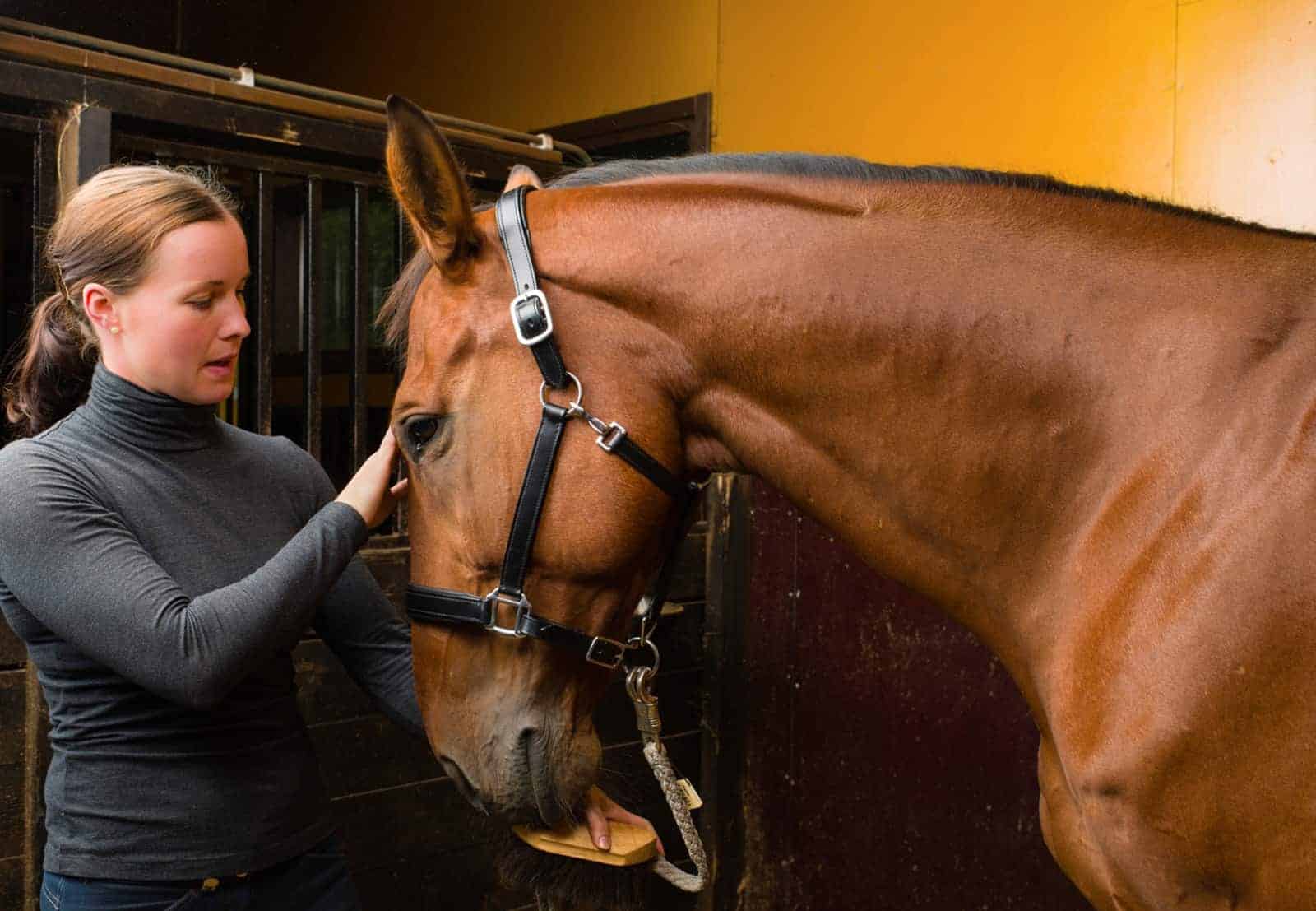Improving Horse Welfare by Changing Human Behavior: Not Always Easy

We’ve got the science. We’ve got the evidence. We know the kinds of things that result in poor equine welfare. We’ve figured out what causes horses discomfort or pain. We understand what actions we, as humans, do that can make horses suffer in the name of sport, pleasure, or even convenience. And we’ve made strides in improving horse welfare.
Now that we’ve got that down, the next step is easy, right? Just tell people to stop doing what they’re doing and do it differently.
Hold your horses. As a group of equitation scientists and equitation science enthusiasts discovered, it’s not quite that easy
Create a free account with TheHorse.com to view this content.
TheHorse.com is home to thousands of free articles about horse health care. In order to access some of our exclusive free content, you must be signed into TheHorse.com.
Start your free account today!
Already have an account?
and continue reading.

Written by:
Christa Lesté-Lasserre, MA
Related Articles
Stay on top of the most recent Horse Health news with















